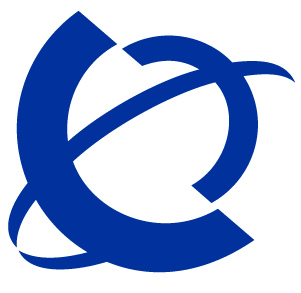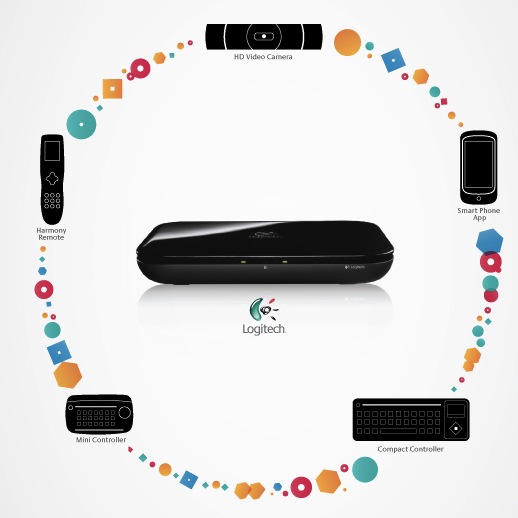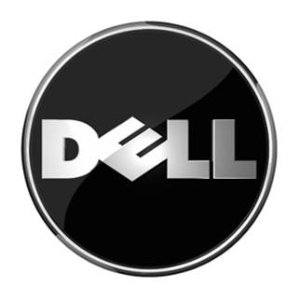
Apple, Samsung battle for smartphone supremacy
In a near photo finish, two upstarts simultaneously dethroned smartphone king Nokia as they scrambled for top spot during second quarter, globally. Apple and Samsung shipped 20.3 million and 19.2 million smartphones, respectively, according to Strategy Analytics. Nokia fell from first to third place, with 16.7 million units.
Samsung's ascension is nothing short of phenomenal, and that's remarkable considering how exceptionally Apple performed. Apple smartphone shipments rose from 8.4 million a year earlier, but Samsung even more -- from 3.1 million.

Nortel completes patent liquidation to Apple, Microsoft, RIM, Sony: now what?
Bankrupt Canadian telecommunications company Nortel Networks Corp. announced on Friday that it has completed the sale of its 6,000 patents for $4.5 billion to the consortium of Apple, EMC, Ericsson, Microsoft, Research in Motion, and Sony. The consortium won the auction for Nortel's patents on July first.
Immediately following the closure of the auction, Research in Motion announced it had contributed $770 million to the bid, and Ericsson announced it had contributed $340 million, for a combined 1.11 billion. According to a recent 10-Q filing with the Securities and Exchange commission, Apple had the majority stake in the bid, throwing in $2.6 billion, leaving the remaining $800 million to be split between Microsoft, Sony, and EMC.

10 companies Apple could buy right now, with cash
So say you're Apple CEO Steve Jobs, and you're sitting on a boatload of cash that's burning a hole in your pocket. What to do with it? Combined with securities and other investments, that's about $75 billion in cash and cash equivalents. In actual cash -- you know, greenbacks -- it's $28.4 billion.
Just to show you the power Apple has right now with the amount of money it has, Betanews has put together a list of companies that Apple could buy right now, with just cash.

CyberLink YouCam 5: Log into Windows with just a glance
CyberLink's YouCam has always been about the fun side of webcams, providing a wide range of special effects to spice up your video chats with friends and family.
Not everyone is interested in enhancing their video with backdrops of falling snowflakes, though, or animated extras like birthday cakes or bunches of flowers. And perhaps realizing this, CyberLink has changed direction with the new YouCam 5, released today: all the old effects are still there (and you get plenty of new ones, too), but the headline additions this time are solid, practical features with rather more obvious benefits.

Capitol communications systems crushed under debt ceiling debate
As the US Congress heads down the final stretch before August 2nd, the date colloquially known as "#debtocalypse," or the point at which the United States could lose its capacity to borrow any more money, the Capitol's telephone and computer systems are strained from all of the incoming messages from the public.
On Tuesday, after President Obama urged voters to call or email their representatives in Congress to support a debt ceiling compromise, House telephone lines were flooded with calls.

PortableApps Platform Pre-Release 2.1: Build the ultimate portable toolkit
PortableApps.com has released the latest build of its upcoming Platform 2.0, Pre-Release 2.1, a suite of tools which makes it easy to create and manage your own customised portable toolkit.
The Platform's Portable App Directory, for instance, is a capable app store. Just check the boxes next to the programs of your choice (there are games, security tools, utilities, media players, productivity apps, browsers, more than 200 in total) and it'll download and install them onto your USB key drive.

Apple left default passwords in batteries, making them vulnerable to hacks, explosion
Are our computers too smart for our own good? That's the question I'm asking myself after reading Charlie Miller's "Battery Firmware Hacking" paper. Miller showed how you can write programs to render an expensive notebook battery worthless. You might even be able to blow one up.
How could this be? What design error in the system made it possible? None. Miller wrote programs based on published documentation for chips conforming to a popular standard. But there is one key mistake by Apple that makes the whole thing a lot worse.

BitDefender 2012 improves malware detection and removal
BitDefender today released its 2012 family of security suites, which have been enhanced with a range of new and interesting features.
A new monitoring tool tracks process behavior, for instance, helping to detect new and unknown viruses. Integrated cloud services deliver a faster response to new outbreaks. And the new Scan Dispatcher runs scans only when it's idle, so improving security without impacting on your overall system performance.

Skype 5.5 for Windows released, integrates Facebook features
Skype has announced the release of Skype for Windows 5.5. Its headline feature is deeper integration with Facebook. Once installed, you'll be able to see which Facebook friends are online and chat directly from Skype itself, plus update your Skype Mood and Facebook status together. You can also view, comment and "like" Facebook status messages too.
Skype 5.5 also promises improved video call reliability, new and updated emoticons and a raft of other minor improvements, interface tweaks and bug fixes.

Apple now has more cash on hand than the US Government
There's something wrong with your country when one of the most financially stable companies has more cash on hand than you do. But that is exactly what happened at the end of business Wednesday, according to the latest available daily financial statement from the US Treasury.
With a cash-on-hand balance of about $73.8 billion, the US Government now has less money on hand than Apple, who reported it had $76.2 billion in cash and securities at the end of last quarter.

Google acquires 1,030 patents from IBM to play defense
As patent lawsuits become ever more frequent, companies are building up their portfolios in an effect to protect themselves from litigation. Google is no stranger to this practice, as it confirmed on Friday it had purchased 1,030 patents from IBM. Terms of the deal were not disclosed.
No doubt Google is still smarting from its loss to Apple in the race to acquire the intellectual property of Nortel Networks. The company was the odd man out in bidding for Nortel's technologies. It appears that the IBM patent purchase occurred some time in the middle of this month, indicating Google quickly moved on.


BlackBerry Messenger 6 launches, integrates live presence, chat into apps
Feeling the heat from both Android and iOS in the global smartphone market share battle, Research in Motion on Thursday announced the availability of BlackBerry Messenger 6 (BBM 6) the latest version of the smartphone maker's trademark instant messaging application which integrates BBM functionality into other BlackBerry apps for a boost in social usability.
With the debut of the BBM Social Platform SDK earlier this year, BlackBerry app developers got the ability to embed BBM functionality into their apps. The platform is extremely promising, as it could put real time communication into any application. Users could, for example, see that one of their contacts is available to play games, and an invitation could be sent. Then, once the game has begun, users could have a live in-game BBM chat session.

Spotify sued for patent infringement in US and the Netherlands
Just two weeks after it launched here in the US, music service Spotify finds itself the target of a patent fight. San Diego-based PacketVideo sued the company in both the US and Netherlands on Thursday, claiming it could not come to an agreement over licensing of its technologies.
"PacketVideo has a strong intellectual property portfolio, and will take any necessary action needed to protect its intellectual property and prevent the misuse of its patents," the company's general counsel Joel Espelien said in a statement.

SMBs get more efficient servers with virtualization
Editor's note: This article was commissioned by Dell. To learn more about Dell's solutions for improving responsiveness while reducing costs with virtualization, please visit Dell's site by clicking here.
As hardware power increased over the years IT pros used to wonder about what we'd do with all that capacity, but no longer. Virtualization has enabled everyone, from SMBs to enterprise IT, to get better utilization out of their hardware and make management easier too.



